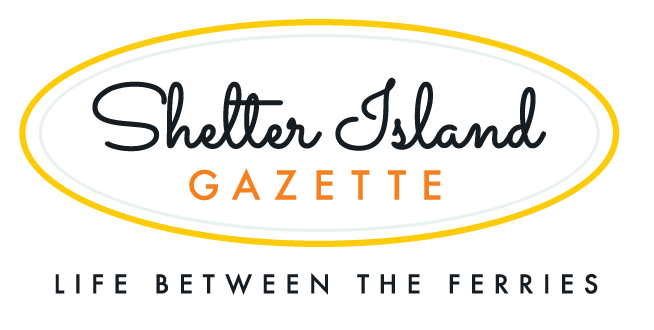
The Town’s Deer & Tick Committee has approved a three-year Deer & Tick Management Plan.
Prepared by the committee and the Shelter Island Police Department, it calls for a continuation of three strategies: culling the herd, killing ticks with chemicals, and educating the public about health hazards posed by overabundant deer and the ticks they carry.
“Every effort has been made to ensure the goals herein balance the needs of the community with the wishes of the various stakeholders,” the committee says in the report.
The committee, which advises the Town Board on how to best address concerns associated with the overabundant population of white-tailed deer, adopted the plan June 5, 2019.
Deer & Tick Management Plan background
James M. Bevilacqua, M.D., is chairman of the all-volunteer committee. Other members are:
- Henry Amann
- Scott Campbell, Ph.D.
- Charles Tiernan
- Marc Wein
- Craig Wood
- Jeremy Samuelson
They’re appointed by the Town Board to 3-year terms. Councilmen Jim Colligan and Albert Dickson serve as Town liaisons. The committee meets about once per month, usually the first Wednesday, 10 a.m. at Town Hall.
Management strategies
Culling the herd
Culling the herd is accomplished through seasonal hunting on private property, and a Town-managed hunting program.
“The Town’s Deer Management Program controls deer hunting on most public lands, as well as several private properties that have elected to join the program,” the report says. “The Shelter Island Police Department manages the program to ensure the safety of all involved.”
Efforts are also made to coordinate with the deer management plans at The Nature Conservancy and Sylvester Manor Educational Farm.
Hunters or property owners interested in participating in the program should contact Shelter Island Animal Control Officer Beau Payne for more information. He can be reached at 631-749-5771 or bpayne@shelterislandtown.us.
Killing ticks
The plan also endorses the continuation of a long-standing program to kill ticks by applying a chemical to the deer at feeding stations in strategic locations around the Island.
Called 4-poster devices, they’re “designed to control adult black-legged ticks and all life stages of Lone Star ticks on deer,” the report says. It notes these ticks carry diseases including Lyme, babesiosis, and erlichiosis.
“As a deer feeds on bait (dried corn), rollers treated with a permethrin-containing acaricide rub against the animal’s head, neck and ears where many ticks feed.”
Cornell University, the Deer & Tick Committee notes, conducted a three-year 4-Poster study on Shelter Island from 2008-2010. The Town has deployed 4-posters every year since.
Many Islanders have protested the use of the devices, arguing that permethrin also kills beneficial insects and may otherwise harm the environment or people who come in contact with it. Others have complained about financial costs.
What’s more, a DEC representative told the audience at a tick forum last summer feeding the deer at 4-poster stations may be counter-productive as it supports deer population growth.
You can read more about these concerns in the DEC’s December 2018 report on deer management to the New York State Legislature. A link to the report is just one of many posted at the Deer & Tick Committee website.
Educating the public
The third approach adopted by the committee is educating the public about the hazards posed by an overabundance of white-tailed deer and the ticks they carry.
In addition to curating its informative website, the Deer & Tick Committee also promotes public education by hosting forums. Examples include last summer’s general interest forum and a forum for local hunters scheduled for early October. The committee also prints brochures and articles, which are available at Town Hall.
“Additionally, the Committee encourages collaboration with other agencies, as well as the academic and scientific communities to ensure the Town receives and shares the most current data available,” the report says.
Questions?
If you have questions, you can leave a message for the Deer & Tick Committee at Town Hall, 631-749-0291.




